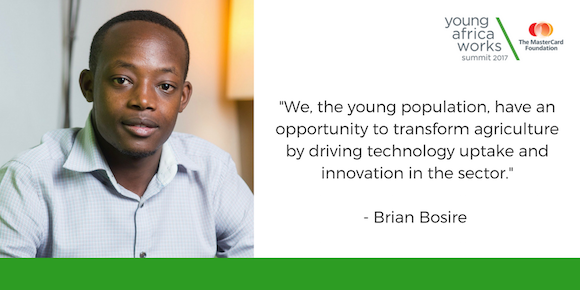 In a small village in western Kenya, I had my first encounter with farming. Farming was hugely defined by women waking up early every day, with a hoe and a machete, and spending a whole day physically tilling the land. The little inherited knowledge was enough to manage farms.
In a small village in western Kenya, I had my first encounter with farming. Farming was hugely defined by women waking up early every day, with a hoe and a machete, and spending a whole day physically tilling the land. The little inherited knowledge was enough to manage farms.
This farming system worked for a long time when our forefathers had fertile land, hugely fallow with plenty of time to regenerate. Now things have changed. We are at a time when over 60 percent of Africa’s agricultural soils have degenerated, weather has become more unpredictable and the demand for food has increased. Looking at my home village, our hereditary land tenure system has resulted in fragmentation of the available land to uneconomical farm sizes. Productivity per farm has reduced, and even farmers are no longer immune to hunger.


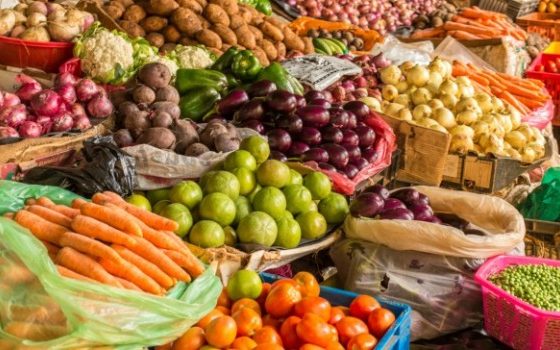
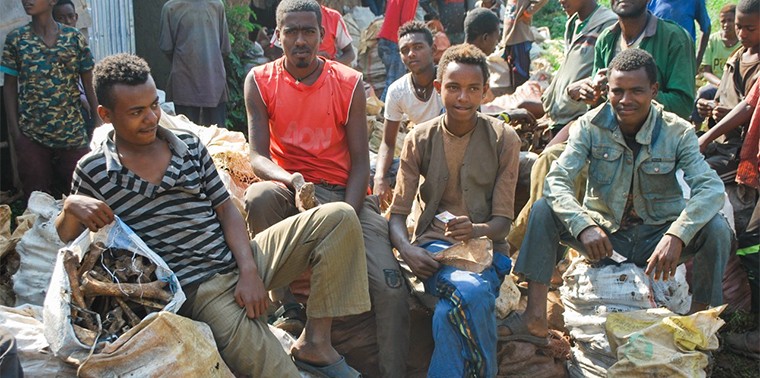
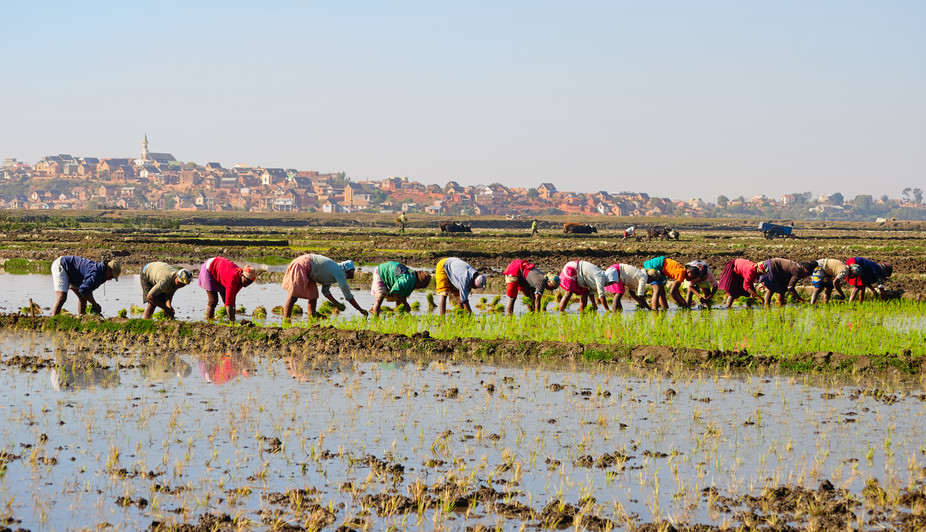
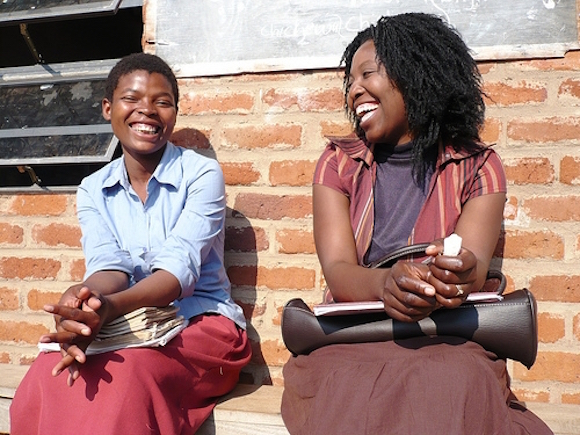
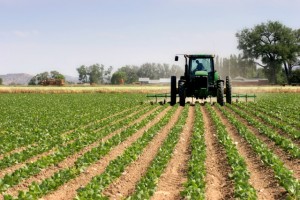
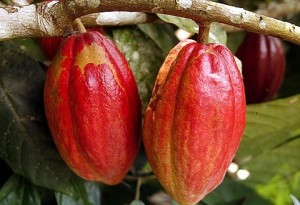 Ghana and the Ivory Coast, its western neighbour, are the two biggest producers of cocoa in the world. And cocoa from these two West African countries is the backbone of the thriving chocolate industry in The Netherlands.
Ghana and the Ivory Coast, its western neighbour, are the two biggest producers of cocoa in the world. And cocoa from these two West African countries is the backbone of the thriving chocolate industry in The Netherlands.